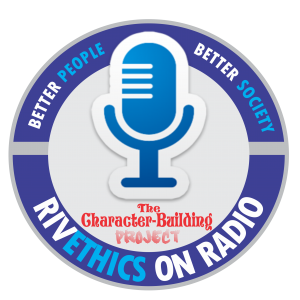Greetings to the hardworking people of Rivers State, and welcome to another episode of Rivethics on Radio, our character-building weekend show.
Remember that once you become fearless, life becomes limitless. This week’s episode is in commemoration of the UN International Day to End Impunity for Crimes against Journalists which came up this week, on November 2nd, in line with the UN Resolution (A/RES/68/163) adopted in 2013.
This landmark resolution condemns all attacks and violence against journalists and media workers. It also urges Member States to do their utmost to prevent violence against journalists and media workers, to ensure accountability, bring to justice perpetrators of crimes against journalists and media workers, and ensure that victims have access to appropriate remedies. It further calls upon States to promote a safe and enabling environment for journalists to perform their work independently and without undue interference.
The focus on impunity of this resolution stems from the worrying situation that over the last eleven years 930 journalists have been killed for bringing news and information to the public. In 2016 alone, the UNESCO Director-General condemned the killing of 102 journalists, media workers, and social media producers of public interest journalism. In 2012, the deadliest year for journalists, 124 cases were condemned. Nigeria has also had its fair share of these tragedies, dating back to the death of Dele Giwa by a parcel bomb.
These figures do not include the many more journalists who have suffered from non-fatal attacks, including torture, kidnapping, sexual attacks, etcetera.
The impact of impunity against journalists could be highly detrimental to society. Generally, people who experience violence or harassment in a workplace context are likely to suffer from a number of work-related and psychological consequences, including:
Anger, hostility, lowered self-esteem, humiliation, depression, anxiety, substance abuse, Post-traumatic stress, etcetera.
Apart from the danger of using harassment of journalists as a mechanism to suppress free speech or push a particular agenda, the impact of harassment of journalists can lead to a serious jeopardy in relation to the significant role journalism plays in the development of both democratic and non-democratic societies. Some of the reactions from journalists, according to a finding, include avoiding certain “dangerous” stories or even giving up journalism as a career. Member States, including Nigeria, cannot afford such a destructive impact on journalism, which plays the role of a watchdog in most societies.
Our guest speaker today is Mrs. Lilian Okonkwo-Ogabu She is a seasoned journalist and the President of the National Association of Women Journalists, Rivers State Chapter. She will be sharing with us her thoughts on today’s topic Please enjoy the episode.
Our respectful people of Rivers people, please remember to always let your manners speak for you.
God bless and keep you and your families and God bless Rivers State.
Justice (Mrs.) Eberechi Suzzette Nyesom-Wike
The Wife of the Governor of Rivers State and
Initiator of the RivEthics Social Orientation Programme
You can also listen to and download the Pidgin English version of this Episode below

